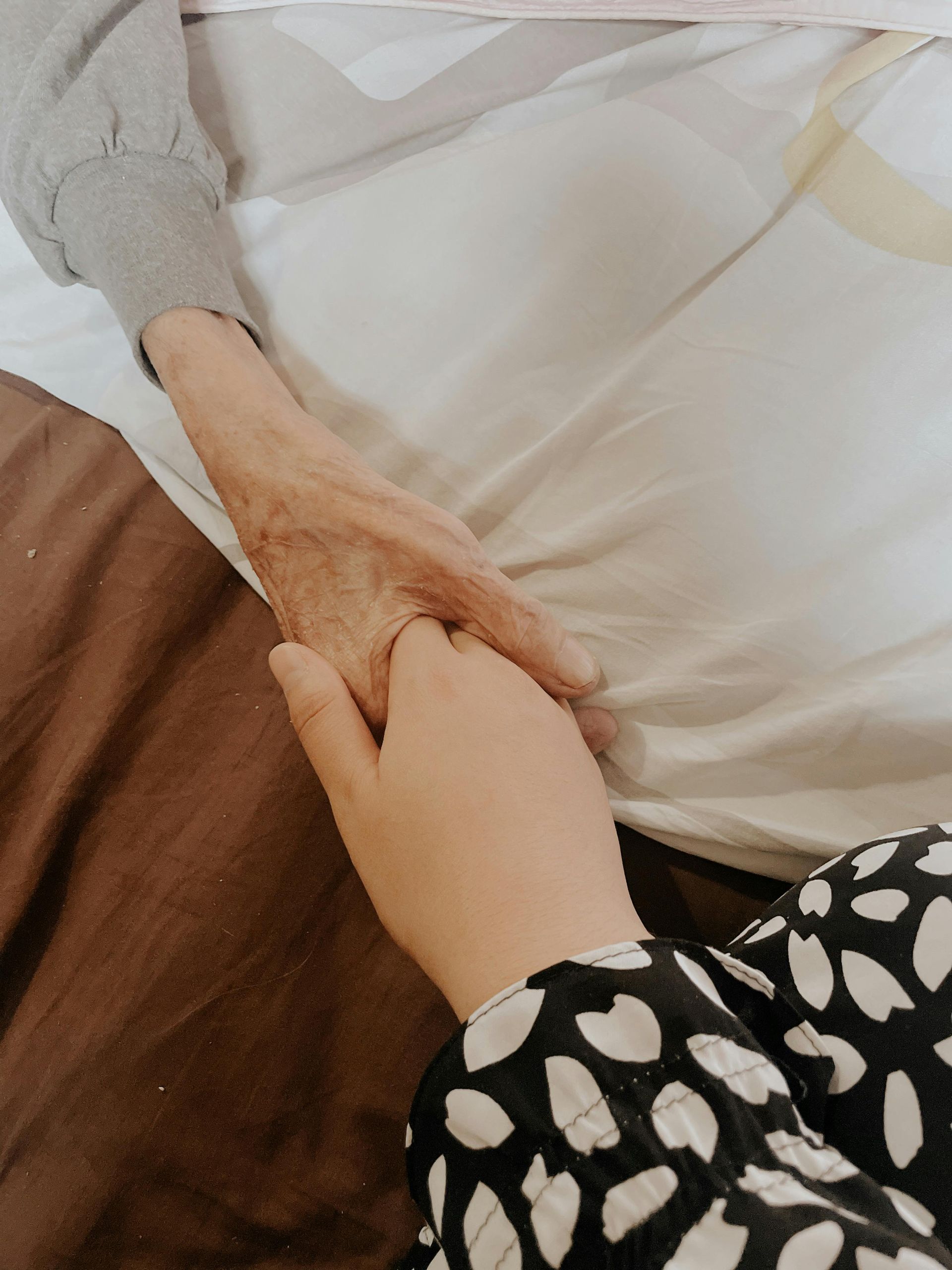Advocacy in Action (June 2024): Recognizing World Elder Abuse Awareness Day
June 15th is recognized globally as World Elder Abuse Awareness Day, a crucial time to shed light on the often-hidden issue of elder abuse. Alarming statistics reveal that 1 in 10 older adults experience some form of abuse, neglect, or exploitation each year. As a community dedicated to advocating for the rights and well-being of older adults, it's essential to highlight the work being done and the ongoing challenges we face.
From July 1, 2022, to June 30, 2023, the Abuse, Neglect, and Exploitation (ANE) Unit tracked over 6,800 referrals to law enforcement agencies statewide—a significant 16 percent increase from the previous fiscal year. These referrals, originating from the Department for Children and Families (DCF), Adult Protective Services (APS), the Kansas Department for Aging and Disability Services (KDADS), and the Kansas Department of Health and Environment (KDHE), highlight the severity and prevalence of abuse in our communities. "Financial exploitation" remains the most reported allegation.
The Economic Crimes Unit, previously known as the Fraud and Abuse Litigation Division, played a pivotal role in addressing these issues. In the past fiscal year, they litigated 15 cases of elder and dependent adult abuse, resulting in over $625,000 in restitution. Additionally, they investigated 40 cases, reflecting their commitment to combating financial exploitation and securing justice for victims.
The Kansas Long-Term Care Ombudsman's annual report paints a troubling picture. Ombudsmen documented 120 complaints of abuse, neglect, and exploitation, including physical assaults, verbal abuse, and financial misappropriation. The report criticized the current reporting system, noting that calls to the ANE hotline often lack sufficient detail, and residents are seldom interviewed adequately. Moreover, facility staff frequently face intimidation or job loss when reporting abuse, creating a significant barrier to justice.
The report strongly recommends enhancing access to justice for older adults and addressing systemic issues within care facilities. As part of this effort, our Public Policy Coordinator, Barb Conant, serves on the Elder and Dependent Adult Abuse Prevention Council, working tirelessly to advise and make recommendations to the ANE Unit.
At KABC, we take the issues of abuse, neglect, and exploitation very seriously. We are committed to working alongside the State Long-Term Care Ombudsman and other community partners to ensure that justice is served and protections for older adults are strengthened.
Additionally, KABC offers an elder abuse toolkit booklet, providing comprehensive information and resources on recognizing and addressing elder abuse. This valuable resource is available for free on our website.
Let us use World Elder Abuse Awareness Day as a catalyst to continue our advocacy, support our community, and work towards a future where every older adult can live with dignity and safety.






